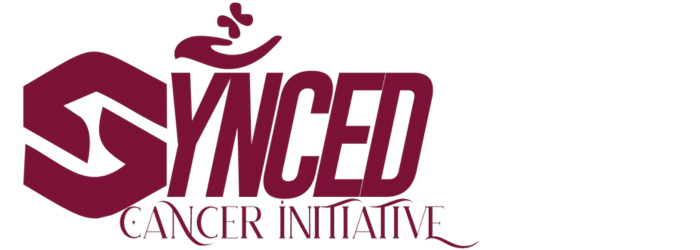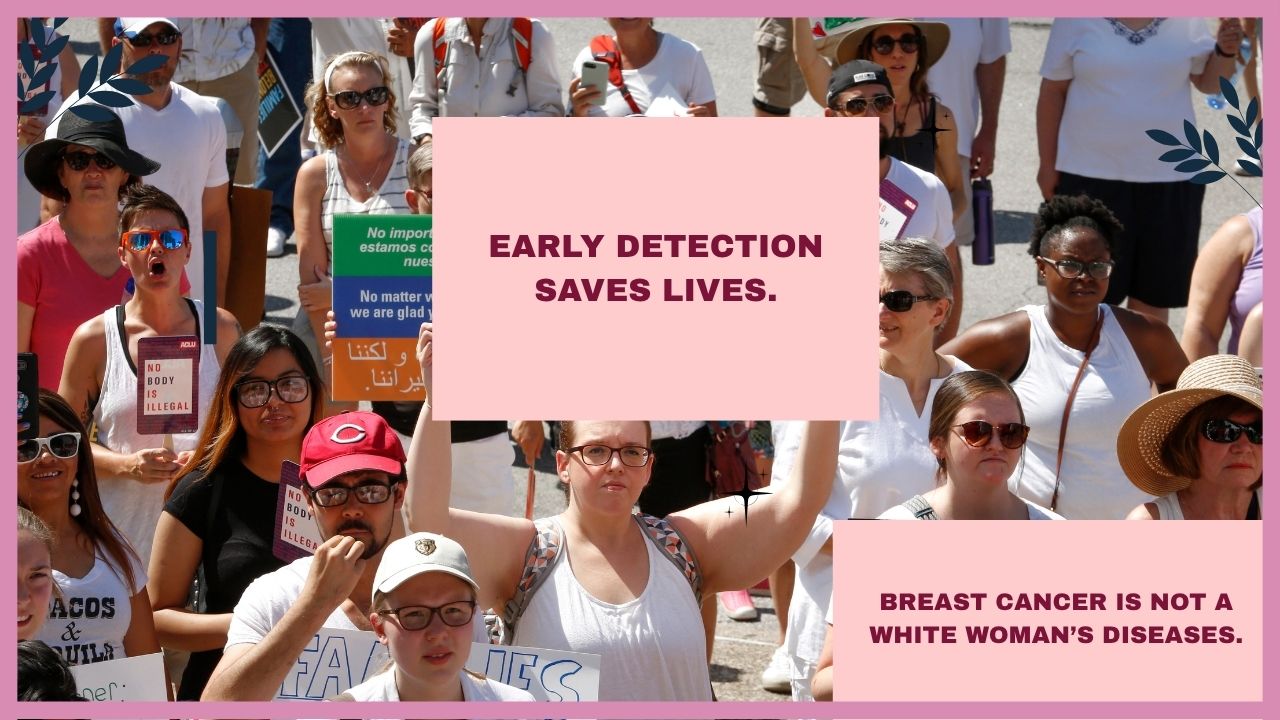Breast cancer is a growing health concern in Nigeria, due to a lack of knowledge and access to healthcare, breast cancer is becoming a more serious health issue, where many instances are discovered at an advanced stage. Programs for community health outreach have become an essential tool for raising awareness of breast cancer and encouraging early detection and cancer prevention.
Breast cancer as the most common cancer among women in Nigeria, with high number of death report rate each year, breast cancer continues to be a serious public health concern. Due to low awareness, social hurdles, and restricted access to screening and treatment facilities, late-stage diagnoses account for a major portion of the high death rates. Community health outreach initiatives have become essential in cancer prevention. They provide information to communities, encourage early detection, and help reduce the stigma associated with breast cancer.
The Burden of Breast Cancer in Nigeria
The most prevalent cancer among Nigerian women, breast cancer has a profound effect on people, families, and communities. Nigeria recorded 16,332 instances of breast cancer in 2022, with an age-standardized rate of 26.8 cases per 100,000 women, according to latest figures (World Health Organization).
More than 70% of patients in Nigeria’s growing breast cancer epidemic present at advanced stages, where survival rates are much lower. Lack of knowledge about the disease, late-stage diagnosis, and restricted access to healthcare are the main causes of Nigeria’s high breast cancer death rate. Many Nigerian women put off getting medical attention because they think breast cancer is a “white woman’s disease” or that it will always result in death.
Due to financial limitation, routine screening is frequently impracticable. In low- and middle-income nations like Nigeria, where mammography is not readily available it further made worse the whole cancer prevention process.
The Importance of Community Health Outreach
Community health outreach programs play a crucial role in promoting breast cancer awareness, early detection, and cancer prevention in Nigeria. Community health outreach involves deploying trained health workers, volunteers, and advocates to engage with local populations, raise awareness, and provide health services. In Nigeria, these programs have proven effective in increasing the uptake of screening and promoting breast cancer prevention behaviors. These programs aim to educate communities about breast cancer, its risk factors, symptoms, and the importance of early detection.
A 2014-2016 study in southeast Nigeria demonstrated that house-to-house education by community health educators significantly increased breast cancer screening rates, with clinical breast examination uptake rising from 4.4% to 67.6% post-intervention. This highlights the power of grassroots efforts in transforming health behaviors.
- Increase awareness about breast cancer and its impact.
- Promote early detection and screening practices.
- Encourage healthy behaviors and lifestyle changes.
- Provide support and resources for individuals affected by breast cancer.
Successful Community Health Outreach Initiatives
Many groups and projects have done a great job of starting community health outreach programs in Nigeria to further enhance cancer prevention. For instance, the Engraced Life Foundation offers free breast screenings in rural areas, helping more than 9,000 women and assisting with treatment for those who are diagnosed. These programs also help connect people to hospitals for more check-ups, making sure they continue to get care. By providing screening services right in local neighborhoods, these outreach efforts tackle problems like long distances and high costs.
Cancer Aware: A non-governmental organization that has conducted community health outreach programs, educating women about breast cancer and promoting early detection practices. For instance, the Breast Cancer Association of Nigeria, founded by survivor Betty Anyanwu-Akeredolu, runs awareness programs in schools, markets, churches, and mosques, teaching women about BSE and debunking myths. The efforts not only increase knowledge but also normalize conversations about breast cancer, reducing stigma.
Nigerian Cancer Society: A professional organization that has implemented various outreach programs, including breast cancer awareness campaigns and screening services. Many Nigerian women lack specific knowledge about breast cancer, with studies showing poor understanding of risk factors (41.5%) and early symptoms (46.1%) among female students. Outreach programs address this by delivering targeted education through health talks, workshops, and media campaigns.
Impact of Community Health Outreach
Outreach programs focused on community health have had a major effect on increasing breast cancer awareness, promoting early detection, and educating on cancer prevention in Nigeria. By working with local communities, these programs have:
- Increased awareness about breast cancer and its risk factors.
- Encouraged women to prioritize breast health and seek medical attention if they notice any symptoms to help cancer prevention.
- Promoted early detection and screening practices, leading to improved health outcomes.
- Provided support and resources for individuals affected by breast cancer, improving their quality of life.
Challenges and Opportunities
Despite the successes of community health outreach programs, there are several challenges that need to be addressed. These include:
- Limited funding and resources.
- Limited access to healthcare services in rural areas.
- Cultural and social barriers that hinder breast cancer awareness and early detection.
- Limited awareness about breast cancer among healthcare providers.
Conclusion
In Nigeria, community health outreach initiatives are an essential tactic for raising awareness of breast cancer and encouraging early detection and cancer prevention. These initiatives can raise awareness, encourage healthy habits, and offer resources and support to those affected by breast cancer by interacting with local communities. It is important to address the difficulties and constraints encountered by community health outreach programs in order to build on the achievements of these programs. Nigeria needs more financing, coordinated policies, and a dedication to providing women with resources and information in order to continue and grow these initiatives.
Nigeria can get closer to a time where breast cancer is identified early, treated successfully, and no longer holds the stigma and dread it does now by making community health outreach a top priority. Together, we could reduce Nigeria’s cancer incidence burden while enhancing the health and well being of both individuals and communities.











What do you think?
It is nice to know your opinion. Leave a comment.